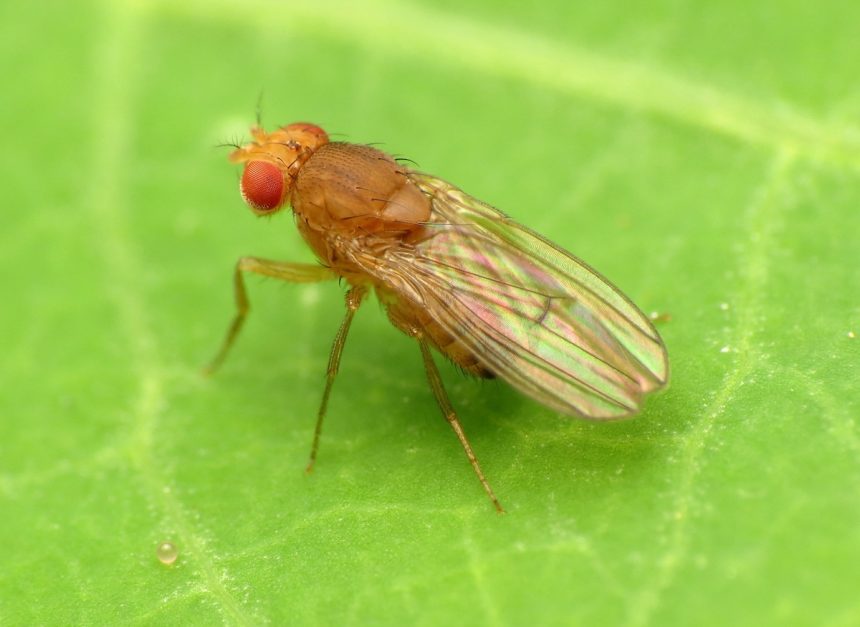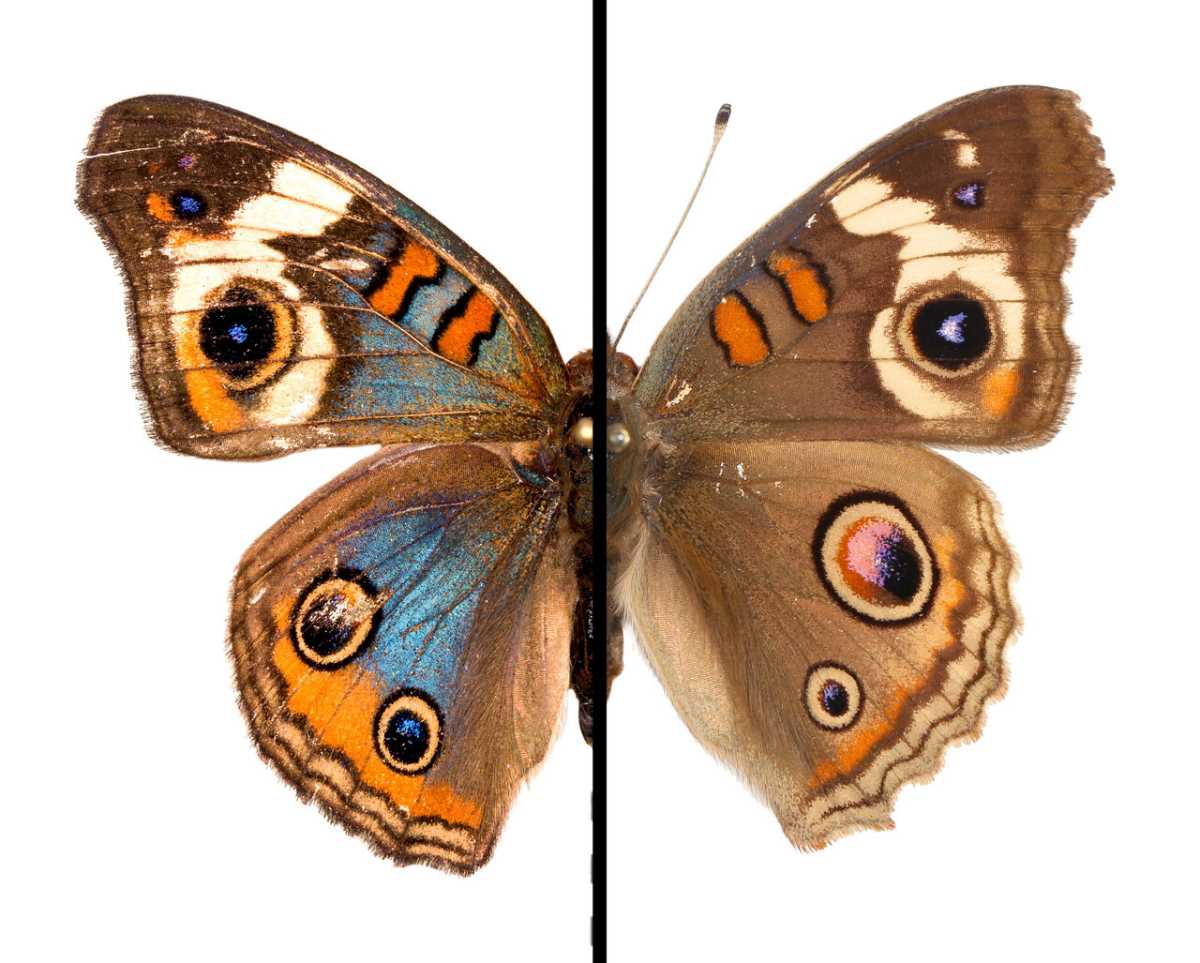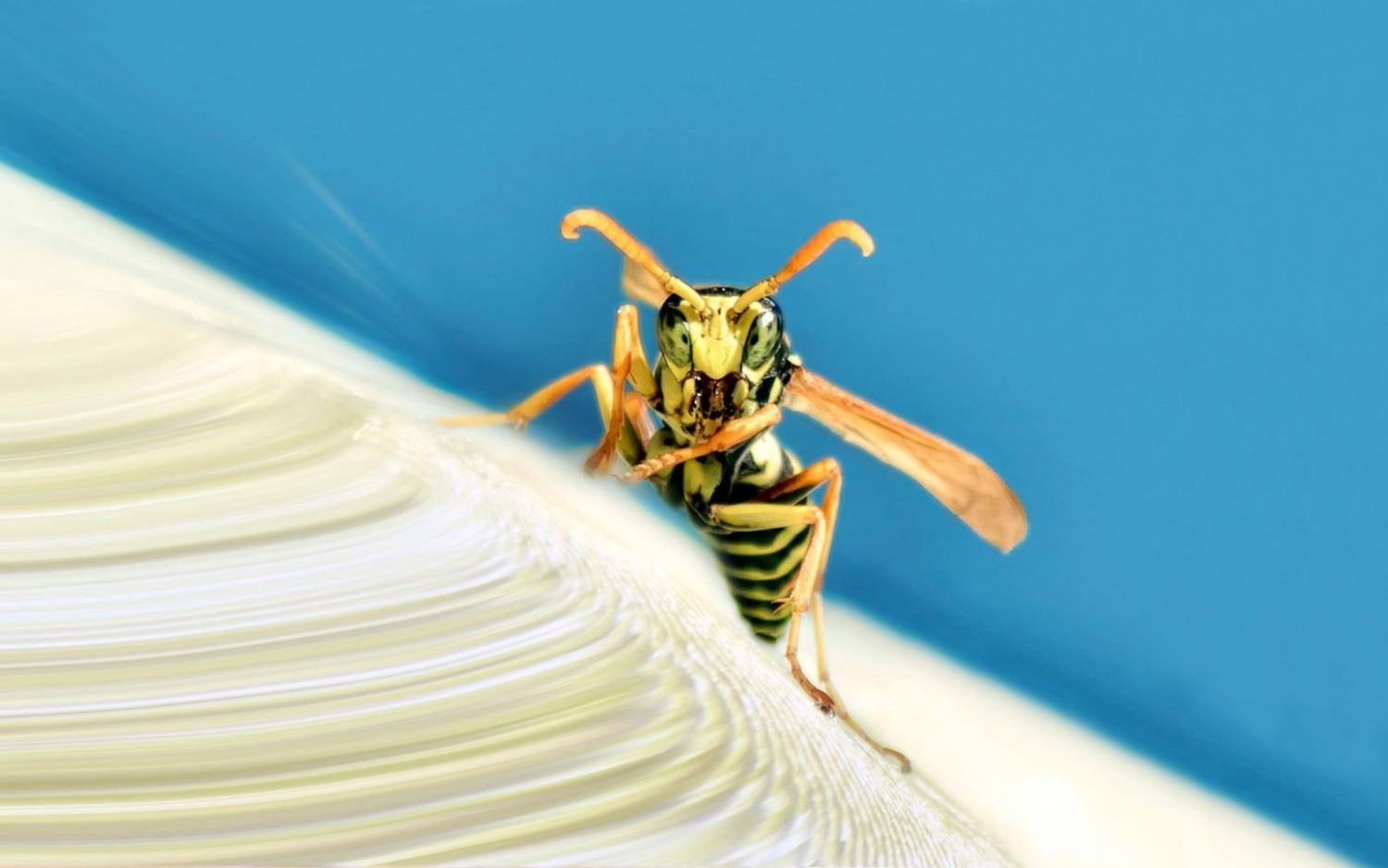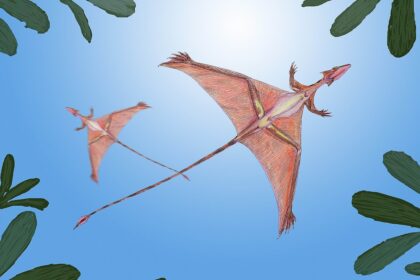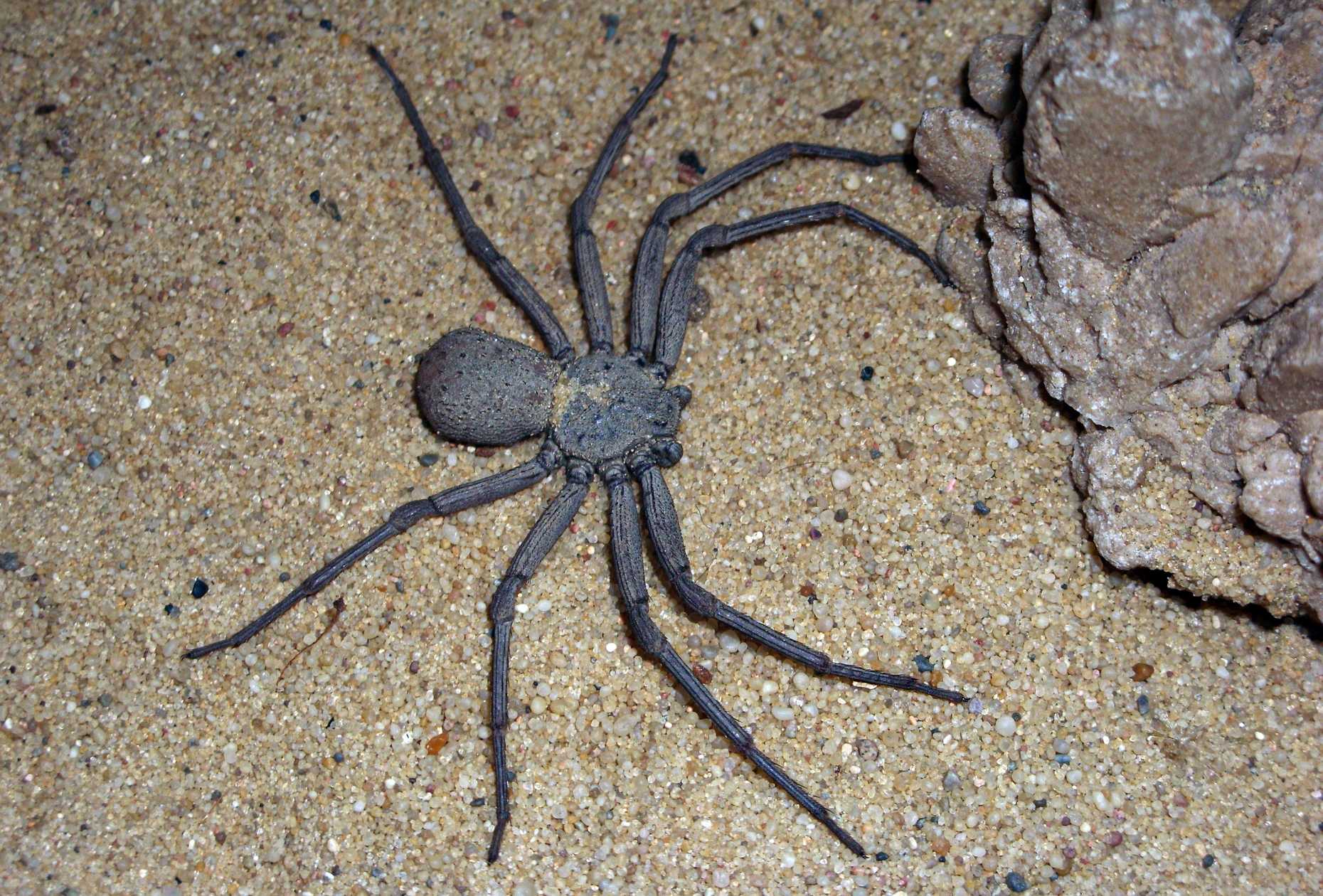Love makes you blind — this saying could literally apply to flies. At least, this is suggested by a recent study.
According to the study, male fruit flies may fail to notice threats, such as predators, when courting or mating with a female.
The research team used a special microscopy technique to study which neurons in the brain of the fruit fly (Drosophila) are activated during courtship. The scientists then created an artificial threat using light and shadow to simulate the presence of a nearby predator.
In the early stages of courtship, such a threat activated specific visual neurons in the male flies’ brains, which interact with nerve cells controlled by the neurotransmitter serotonin. As a result, the insects would abandon their courtship and flee.
As courtship progresses, the rise in dopamine blocks important sensory pathways, reducing the fly’s ability to respond to threats and allowing it to focus on mating, explains neuroscientist Laurie Cazale-Debat in a statement about the study. Thus, in advanced stages of courtship or during mating, male fruit flies ignore dangers and no longer perceive such risks under the influence of the neurotransmitter dopamine.
Possible Parallel to Humans
In such situations, fruit flies essentially decide what is more important: courting or escaping a potential threat. “Dopamine is key to this decision-making process, but dopamine levels are closely tied to the proximity of the goal,” said last author Carolina Rezaval. According to the study, dopamine signaling influences perception based on the target’s proximity, thereby prioritizing between competing behaviors.
“You can see this kind of motivation at play all the time among humans,” adds Lisa Scheunemann of the Free University of Berlin. “Imagine you’re climbing a mountain and you’re close to the summit. If the weather changes and conditions become dangerous, you might disregard that threat because you are so close to your goal.” However, whether this represents a general decision-making mechanism that can also be proven in humans still needs further investigation.
The study was published in the journal “Nature.”



